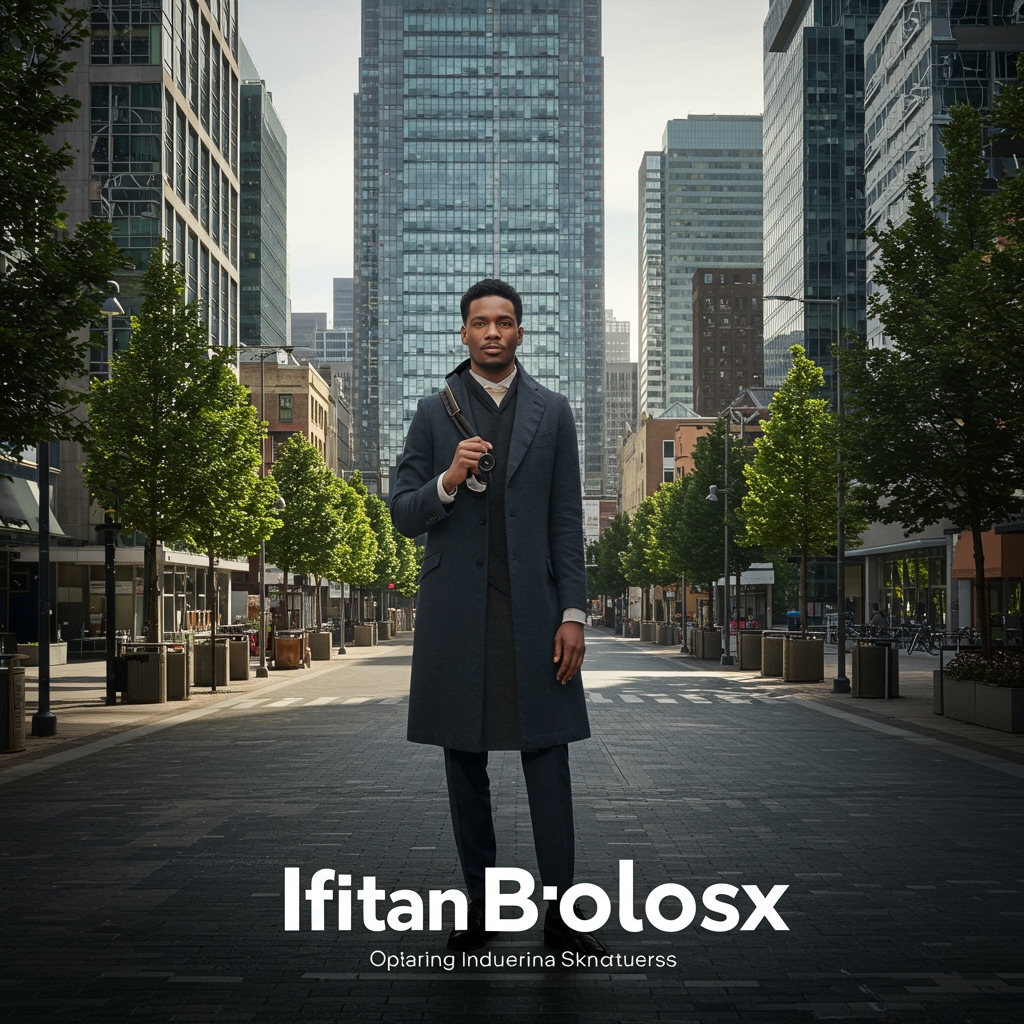Apex Luxury Group Announces Landmark 2030 Sustainable Material Mandate
Milan, Italy – January 15, 2025 – Apex Luxury Group (ALG), one of the world’s foremost luxury conglomerates and parent company to globally recognized brands including “Verve Couture” and “Linea Moderna,” today unveiled a transformative strategic initiative focused on environmental sustainability within its material sourcing and production processes. The announcement, made during a high-profile press event held in Milan, Italy, signals a significant pivot for the luxury sector, establishing a bold mandate for the group’s entire portfolio of brands.
The core of this ambitious commitment is the complete elimination of certain fossil fuel-based synthetic materials and non-certified animal fibers across all ALG product lines worldwide. The target deadline for achieving this comprehensive material transition is set for December 31, 2030. This move represents a proactive response to increasing global demand for sustainable products and growing awareness of the environmental footprint associated with traditional material supply chains.
Genesis of the Mandate: Research and Collaboration
According to statements made by ALG executives at the Milan event, this landmark mandate is the culmination of an intensive two-year internal study. This extensive research phase involved a deep dive into ALG’s global supply chain, assessing the environmental and social impacts of current material usage and identifying potential sustainable alternatives. The study reportedly analyzed everything from raw material extraction and processing to end-of-life scenarios for garments and accessories.
Critically, the initiative was developed in parallel with the formation of a strategic partnership with BioGen Technologies, a leading innovator in sustainable materials science. This collaboration is intended to provide ALG with access to cutting-edge research and development in bio-based and recycled materials, offering viable, high-performance substitutes for the materials being phased out. The partnership underscores ALG’s recognition that achieving its 2030 goal requires not only internal policy changes but also external expertise and technological advancement.
Strategic Investment in Transition and Research
To underpin this massive undertaking, Apex Luxury Group has committed a substantial financial investment. The group has allocated an initial €750 million over the next five years specifically to support the complex transition required throughout its global supply chain and to fund ongoing material research and development initiatives. This significant capital injection highlights the scale and seriousness of ALG’s commitment.
The allocated funds will be directed towards multiple critical areas. A substantial portion is earmarked for assisting existing suppliers in adopting new, sustainable practices and sourcing certified materials. This could involve training programs, investments in new machinery, or supporting their transition to renewable energy sources. Another key area of focus is the development and scaling of innovative materials, leveraging the partnership with BioGen Technologies to bring next-generation sustainable fibers and fabrics to market at the quality and scale required by ALG’s luxury brands.
Navigating the complexities of a global supply chain, which involves countless suppliers, manufacturers, and artisans working with diverse materials, presents a considerable challenge. The €750 million investment is designed to mitigate these challenges, ensuring that the transition is as smooth as possible while maintaining the high standards of quality and craftsmanship expected from luxury goods.
Reshaping Luxury Material Sourcing Practices
Industry observers have quickly recognized the potential impact of ALG’s announcement. Many view this as a significant step that could fundamentally reshape luxury material sourcing practices across the entire sector. By committing to eliminate controversial synthetics and non-certified animal fibers, ALG is setting a precedent that may compel competitors to accelerate their own sustainability efforts.
The decision to target certain fossil fuel-based synthetics addresses concerns about microplastic pollution and the non-renewable nature of petroleum-derived materials. Similarly, phasing out non-certified animal fibers signals a move towards greater traceability, ethical sourcing, and potentially the adoption of certified standards like the Responsible Wool Standard, Responsible Down Standard, or innovative cruelty-free alternatives.
Analysts suggest that ALG’s move could drive increased investment and innovation in the sustainable materials market. As a major buyer with significant volume requirements, ALG’s demand for certified and innovative materials could stimulate growth among suppliers and researchers in this space. This could, in turn, make these materials more accessible and cost-effective for other companies, both within and outside the luxury industry.
Challenges and the Path Forward
While the mandate is ambitious and forward-thinking, the path to achieving the December 31, 2030 deadline is not without its challenges. Scaling new materials, ensuring their availability at the required quality and quantity, managing the transition for potentially thousands of suppliers, and educating consumers about these changes will require sustained effort and investment. The definition of “certain” fossil fuel-based synthetics will also be key, implying a focus on specific types or applications deemed most problematic.
Despite the hurdles, ALG’s January 15, 2025, announcement in Milan marks a critical juncture for the luxury industry. By clearly stating its intention to move away from materials with high environmental or ethical footprints and backing that commitment with a substantial €750 million investment and a key partnership with BioGen Technologies, Apex Luxury Group is positioning itself at the forefront of the sustainable luxury movement. This mandate is poised not only to transform brands like “Verve Couture” and “Linea Moderna” but potentially to set a new benchmark for environmental responsibility in the high-fashion world.





